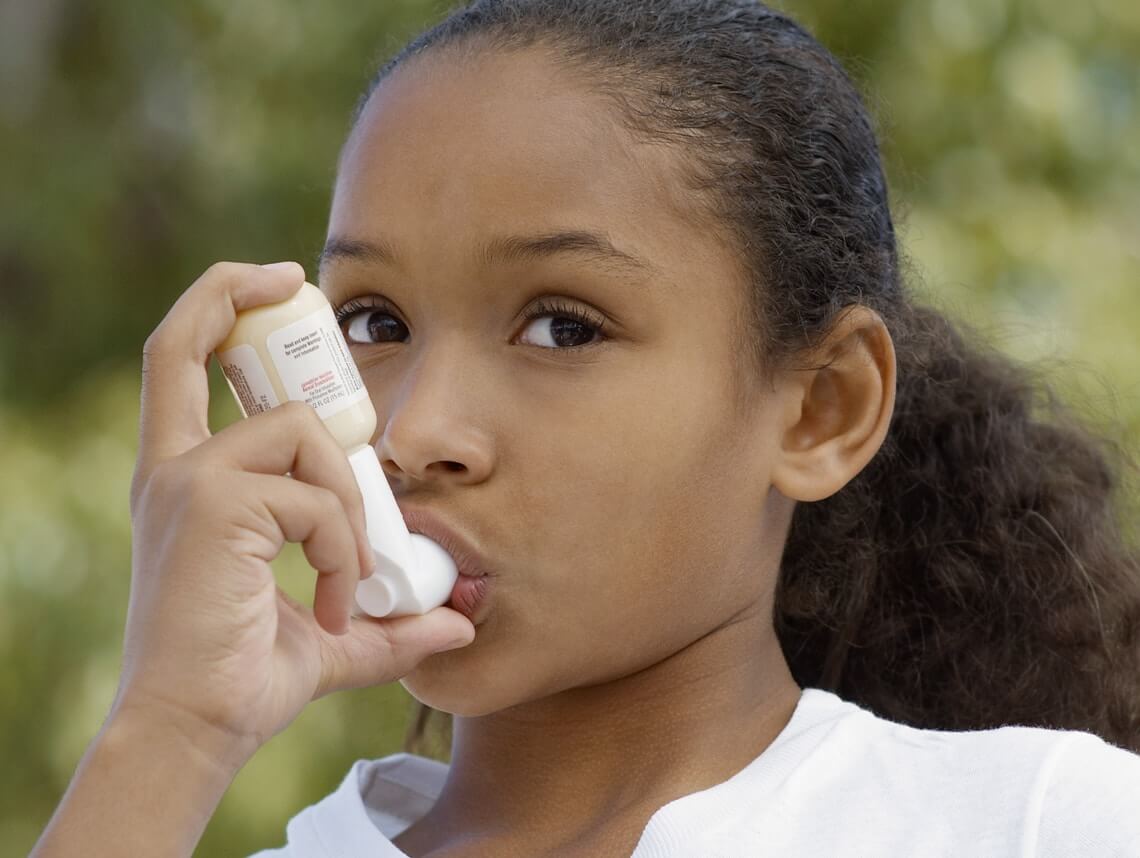
If your child has been diagnosed with asthma, you are well aware of the constant worry that comes with trying to foresee and avoid possible triggers. And, while there are many things you can do throughout your own home — such as installing HEPA air filters, cleaning more often, and installing a dehumidifier — not everything in their world will be under your control. So, what can you do to ensure your child avoids asthma triggers as much as possible?
What happens during an asthma attack?
Asthma is one of the most common chronic conditions in children. It occurs when a child’s airways and lungs become inflamed — sometimes producing extra mucus. As a result, the child experiences breathing difficulties. It may range from a mild annoyance to a life-threatening attack. If your child hasn’t been diagnosed yet, learning to recognize symptoms could save their life. These include:
- Shortness of breath
- Wheezing when exhaling — which is a common sign of asthma in children
- Sleeping difficulties caused by shortness of breath, coughing, or wheezing
- Coughing attack that is worsened by a respiratory virus, such as the cold or flu
- Chest tightness
- Increased mucus production
- Fatigue
If the attack is severe, you may notice your child’s nostrils widening as they attempt to get more air into their lungs. They may also suck in their abdomen and become unable to speak in full sentences. If this occurs, seek medical attention immediately to avoid complications such as permanent reduced lung function or even death.
How to Avoid Pediatric Asthma Triggers
In order to avoid asthma triggers, you have to recognize what’s causing the attacks in the first place. These could be caused by strenuous exercise, environmental pollutants, and/or allergens — such as pollen, pet dander, or dust mites. However, there are several things you can do to safeguard your child’s health if they have asthma:
1. Limit Exposure to Triggers
If you know the allergens that trigger their attacks, talk with their pediatrician about avoiding them. This could include avoiding certain types of perfumes, using mattress and pillowcase covers, washing their bedding more frequently, removing stuffed animals from their bedroom, vacuuming more often, and keeping the humidity levels inside your home at 50% or lower.
2. Keep Them Away from Smokers
Secondhand smoke is a surefire trigger for asthma attacks. In addition, these attacks can be worse than regular attacks and could land your child in the emergency room. This is because this type of smoke contains more than 7,000 chemicals — many of which trigger asthma as well as cause cancer.
3. Encourage an Active Lifestyle
Regular physical activity promotes better lung function. However, some children do experience asthma attacks when involved in strenuous activities — this is known as exercise-induced asthma (EIA). Talk with their pediatrician about an exercise program they can follow. These usually include going for walks, playing baseball, jogging, or hiking. If your child prefers more physically taxing activities, talk with their pediatrician about medications they can take to help prevent their airways from narrowing during exercise.
4. Ensure Your Child is at a Healthy Weight
A significant number of new pediatric asthma cases can be directly attributed to childhood obesity. Being overweight can also worsen the symptoms of an asthma attack and result in lower treatment response. What constitutes a healthy weight varies from child to child. However, the Center for Disease Control (CDC) recommends a child’s body mass index to be between the 5th and 85th percentile for their age range and gender.
5. Schedule Visits With Their Pediatrician
Having an inhaler helps. However, having one is not a substitute for medical attention. Asthma can change over time — and your child may develop new triggers. In addition, some children experience a decrease in attacks during puberty, only to have them recur again when they are teenagers. Scheduling regular visits with their pediatricians will ensure you modify treatment as needed.
Contact Care Options for Kids for Home Health Care in Florida
It can be hard to balance your time between work, home, and caring for a child. That’s why our team of skilled professionals at Care Options for Kids is here to help. We have been enforcing precautionary measures and following the Center for Disease Control (CDC) guidelines for COVID-19 to ensure the safety and health, for our clients and employees.
Our home health care services offer support in the comfort of your home. We refer loving and competent nurses to provide customized care for families — from a few hours a day to around-the-clock supervision. Contact us directly to speak with a home health care professional or request a free in-home assessment. Together we can determine the best plan of action to keep your loved ones happy and healthy. If you or a loved one are considering Pediatric Home Health Care Services in Florida, contact the caring staff at Care Options for Kids. Call today at (888) 592-5855.
